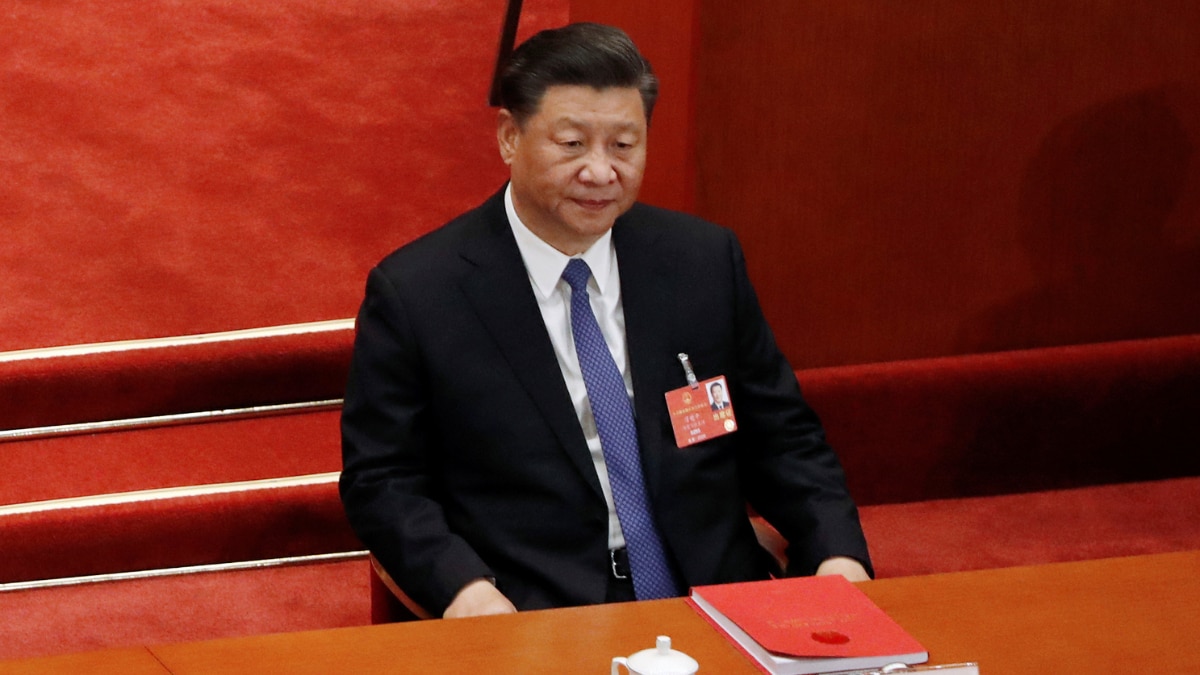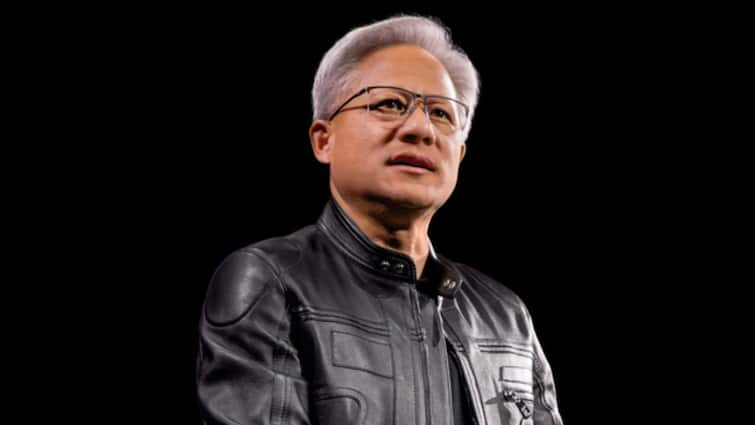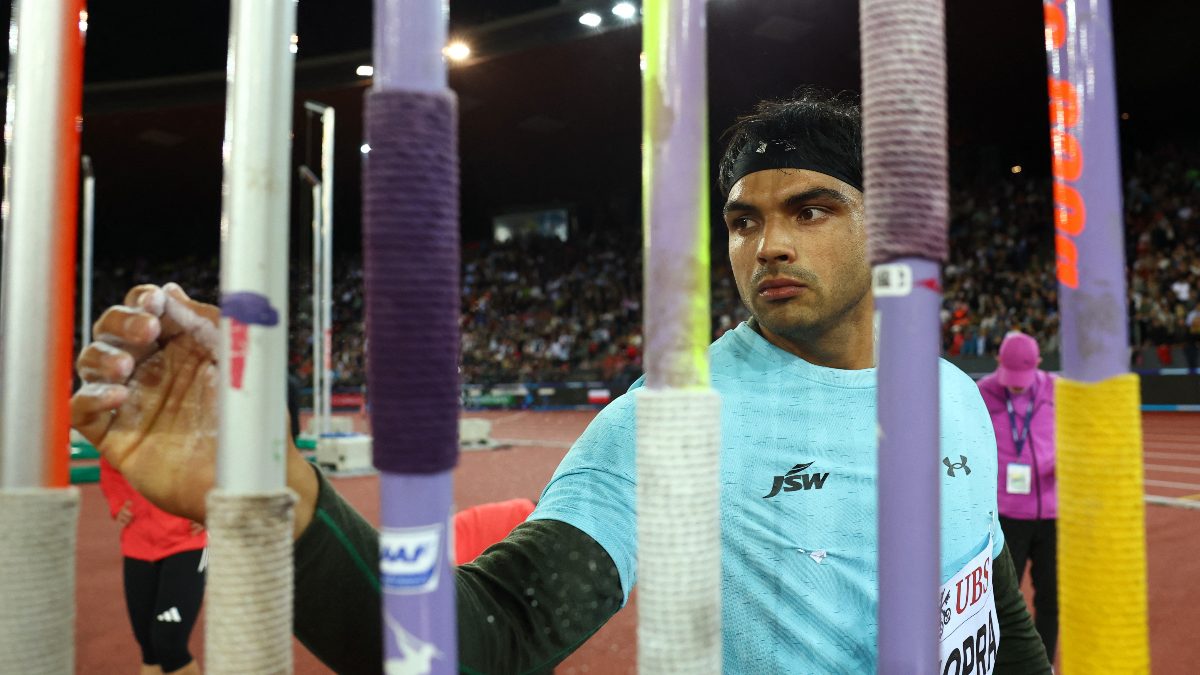Nvidia CEO Jensen Huang has confirmed that negotiations with the White House regarding the sale of modified versions of its advanced Blackwell AI chips to China are ongoing but unlikely to conclude swiftly.
Speaking to Fox Business Network’s The Claman Countdown on Thursday, Huang said, “The conversation will take a while, but … President Trump understands that having the world build AI on the American tech stack helps America win the AI race.”
The talks centre on whether the US government will permit Nvidia to supply a scaled-down edition of its next-generation GPUs to China, reported Reuters. Earlier this month, President Trump indicated he might allow such exports, suggesting the chips could be 30 to 50 per cent less powerful than their standard models.
Balancing Security Fears with Market Demand
The proposal has sparked debate in Washington, where concerns remain that even limited access to American AI technology could strengthen China’s military and technological capabilities.

Critics argue that even weakened Blackwell chips could enable Beijing to expand its computing power at a time when both nations are competing for leadership in artificial intelligence.
The news agency previously reported in May that Nvidia had been developing a new, lower-cost variant of the Blackwell chip specifically for the Chinese market. Despite these efforts, the company did not include potential Chinese sales in its latest quarterly forecast, reflecting the uncertainty surrounding US-China trade relations.
Huang confirmed that Nvidia had agreed to a deal with President Trump involving the H20 AI chip, under which the firm would pay 15 per cent of its China sales in exchange for export licences.
However, he noted that the company had not yet received any H20 orders from China. When asked whether he would accept a similar arrangement for the Blackwell chips, Huang replied, “I don’t know that it’s ‘forced to say yes,’ but ultimately, it’s in the best interest of the world, of our country, for us to be able to sell in China. So whatever it takes to get it approved for us to be able to sell in China is fine with us.”
The Stakes for Nvidia in China
China represents a critical market for Nvidia, with Huang estimating the country could contribute as much as $50 billion in AI-related demand. “My hope is that we’ll be able to go back and address a significant part of that $50 billion,” he said, underscoring the strategic importance of securing access to the region.
The ongoing uncertainty highlights the challenges US technology firms face in navigating shifting geopolitical priorities while attempting to maintain their competitive edge in one of the world’s largest markets for artificial intelligence.



)